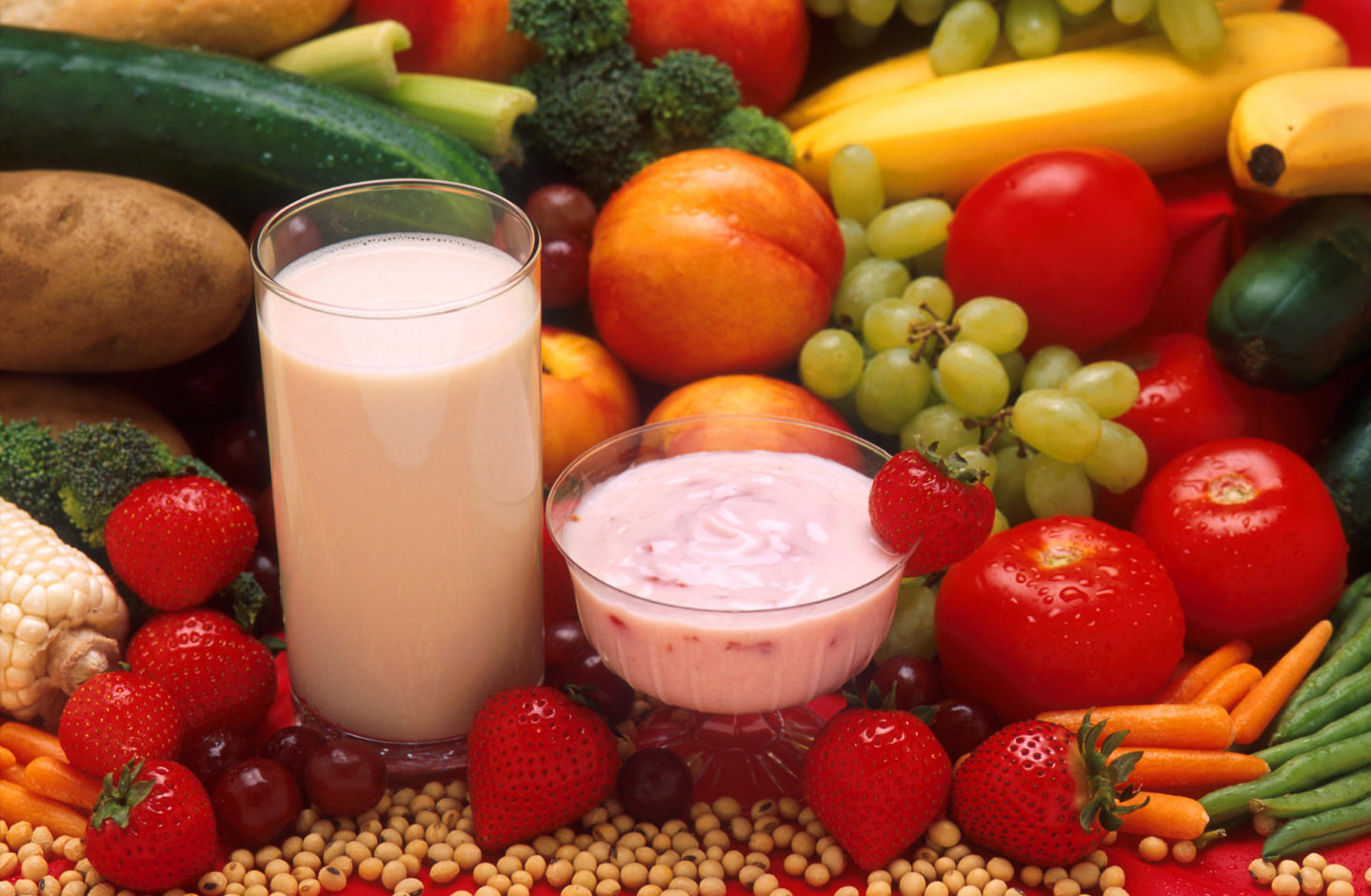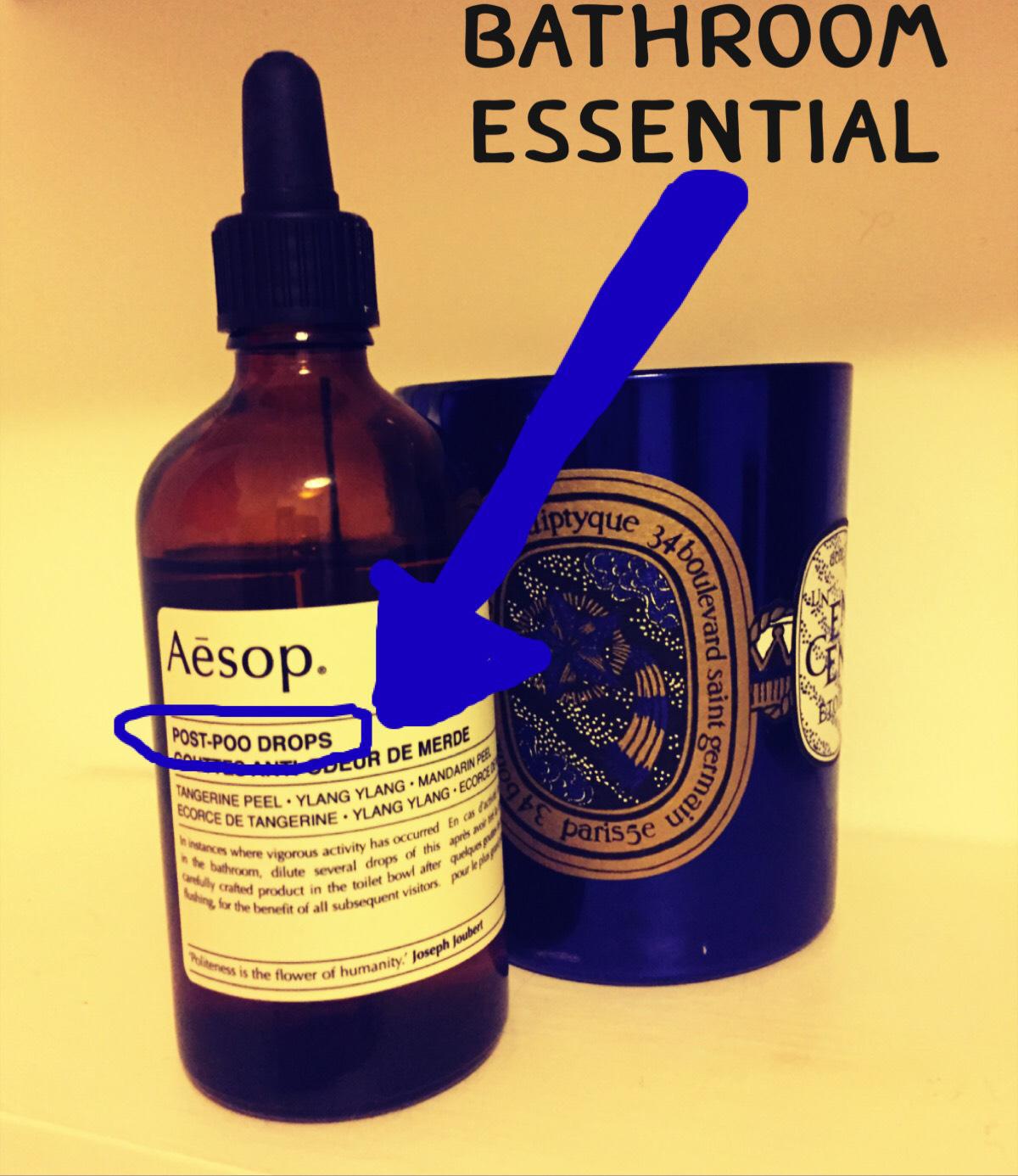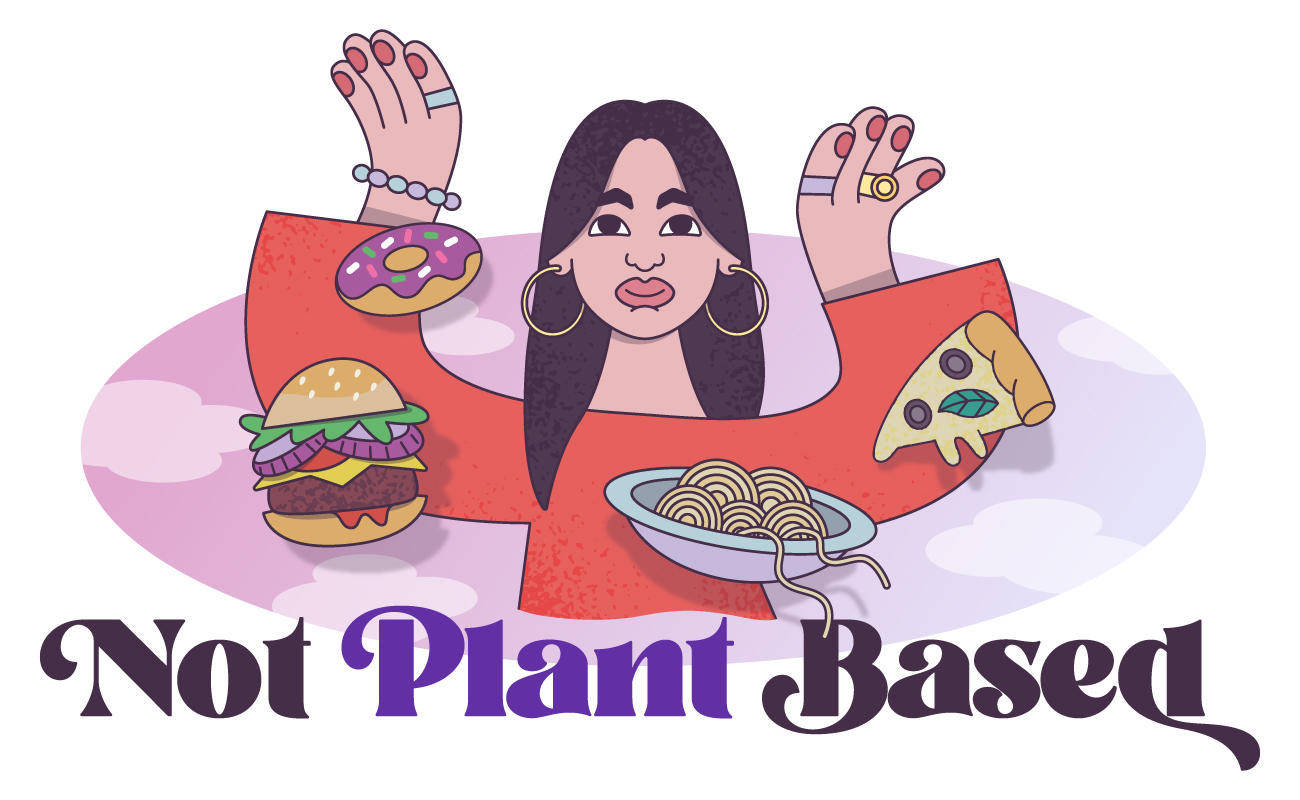
I think we can all agree that 2016 was a particularly odd year.
Not only has Britain voted for Brexit and a reality TV star/racist bigot been elected leader of the free world, but our Google searches have been darker than dark.
In the past 12 months, roughly 20 per-cent more brits Googled ‘gluten’ than the following: chips; pancakes; spaghetti; doughnut; Haribo; casserole; biscuits; fish and chips AND avocado. In fact, for the best part of the year, we were searching for ‘gluten’ just as often as we Googled ‘Justin Bieber’. Given all those Google searches, you would’ve thought we’d be able write a dissertation on the gluten game quicker than you can say spelt sourdough. However, on closer inspection of the general public’s Facebook statuses, it would appear that the majority of Twitter couldn’t even tell you what the hell gluten is.
So let’s start at the beginning. What is gluten and why has it suddenly become our frenemy?
“Put simply,” explains Nick Trott, NHS Gastroenterology Dietitian and specialist in gut problems, “gluten is a plant protein, found in the grains wheat, barley and rye.” Hence, for those avoiding gluten, the pasta and bread isles are off the cards completely leaving ample room for food companies to present a whole range of weird and wonderful gluten-free alternative and charge you a small fortune for them. As much as it pains me, there’s no denying the demand for the stuff. According to global market research firm, Mintel, 12 per-cent of new food products introduced to British supermarkets in 2015 were labelled ‘gluten-free’ and in 2016, demand for ‘free-from’ foods rose another 13 per-cent. Consumer studies reveal that nowadays almost half of British shoppers are opting for gluten free alternatives, arguing that it is “healthier”. It’s worse across the pond – the percentage of the non-ceoliac US population on a self-enforced gluten free diets tripled between 2009 and 2014 and sales continued to climb steadily in 2016.
Call me a pessimist, but seeing as gluten-free bread costs up to £4 and tastes like sawdust, it all seems like an epic waste of money, especially given the science. “In people who have Coeliac disease, gluten causes our immune system to over-react and damage the gut,” says Trott. It is estimated that Coeliac disease only impacts around 1 per-cent of the population. So what has changed?
“The use of social media, 24 hour news and access to many conflicting and unreliable sources of information via the internet are likely to be part of the reason,” says Marianne Williams, Registered Dietitian, and allergy & IBS specialist.” It is extraordinarily easy to access information at the click of a button, while 20 years ago this level of access to information was almost unthinkable.”

Dietitian Nick Trott has over 15 years experience working with food intolerances
Former NICE award winner Marianne also highlights the common confusion between the terms “allergy”, “intolerance” and “autoimmune condition”.
“Allergies affect 1-2 per-cent of the adult population and 5-7 per-cent in children,” says Marianne – she also points out that many children with grow out of their allergy. If you’re extremely unlucky, allergies can be life threatening, worst case scenario being respiratory problems and anaphylaxis”.
“Autoimmune conditions on the other hand (i.e Coeliac disease),” Marianne begins, “are totally different to allergies and are often genetic – effecting up to 3% of the population.” Other examples of autoimmune conditions include Type 1 diabetes, Graves disease, autoimmune thyroid disease and psoriasis. In these conditions, the immune system produces an auto immune response to a certain ingredient (i.e gluten) and can involve all sorts of nasty health complications if left untreated.
“As well as malabsorption”, Nick explains, it can lead to osteoporosis and there’s a very small risk of small bowel cancer with untreated Coeliac disease”. Symptoms can vary in people but commonly include stomach pains, diarrhoea and feeling tired all the time.”
And then, there’s food intolerances. These days, it seems as though you can’t even enjoy one overpriced meal at a foodie-favourite restaurant without the staff enquiring as to your food intolerances, so, what’s the deal? Has ‘The Man’ suddenly sprinkled a load of cat food all over our supermarket produce? According to Marianne Williams, it’s (unsurprisingly) a lot more complicated than that.
“Food intolerance does not involve the immune system at all,” she explains. “They may be caused by different factors, for example a lack of an enzyme in the body or fermentation by the gut bacteria in response to certain foods or chemicals within foods.” Although food intolerances are estimated to effect 15-20 per-cent of the population, the severity of symptoms varies massively and as Nick puts it, “it’s a very wide spectrum”.
Most patients seen by Marianne experience, “urgent diarrhoea, abdominal pain, wind, bloating, nausea and reflux”. Although in worst cases, symptoms can be as severe as an allergic reaction, both professional gut dietitians agree that when food intolerance is apparent; “it’s rare an individual needs to eliminate all traces of the culprit foods from the diet.” For example, those with lactose intolerance may still tolerate up to 30-50ml of milk in tea and coffee.
Self-imposed restrictive diets often end up doing more harm than good and sometimes with dangerous consequences. “I have seen people come to clinic very confused and stressed after cutting many things out of their diet and this has not helped their symptoms,” Nick says. “Many people who come and see us have put themselves on a self-imposed gluten free diet, then we have problems when testing for Coeliac disease, as this could produce a false negative result.”

Given the fact that, according to Nick, there are around half a million undiagnosed Coeliac sufferers in the UK, it’s crucial that doctors can rule out Coeliac disease – or indeed any allergies – properly in order to treat it and save your gut from a whole heap of complications. For the most part, food intolerances are a combination of subtle factors which may cause a variety of common symptoms – from an upset tummy to increased anxiety (usually a reaction to caffeine). According to Nick Trott, with many of his patients, often the solution is as simple as ensuring patients are eating properly. And by properly, he means three, balanced meals per day – preferably not eaten behind the wheel of your car/on the walk home from the pub.
“We will all have days when we’re having gut symptoms and it’s important to come back to the fact that the gut is like a second brain,” Nick argues. “Anyone who has ever had an exam or driving test will know, the very first thing that will go is your gut. It’s very connected to your cognitive and emotional processes. Sometimes it’s not just the food that you’re eating.” So despite all the articles, diet books and billboard posters, it would seem that food isn’t actually the big, life-ruining devil that the “wellness” brigade would have you believe. Stressing about eating, however, is sometimes far worse for your day-to-day gut health.
But what about the 10-20 percent who are affected by a defunct enzyme, resulting in several smelly trips to the toilet? Around 1 in 5 of us Brits will experience IBS (Irritable Bowel Syndrome) in our lifetime – a sort of ‘catch all’ condition for chronic episodes of aforementioned nasty gut symptoms. If symptoms reoccur over a long period of time and cause particular disruption to the person’s life, they’ll most likely be referred to a gastroenterologist in order to establish a cause. Even in these cases, the diet that is recommended only requires cutting out certain foods for a small amount of time – the aim is to reintroduce food BACK into the diet.
Foods known as FODMAPs may cause symptoms due to the bacteria in the gut fermenting certain food elements as they pass along the intestine. FODMAP is an acronym for fermentable oligosaccharides, disaccharides, monosaccharides and polyols (don’t ask me to explain what they are plz) and the nutrients are found in certain carbohydrates that the gut sometimes finds difficult to absorb. Thus, those with severe and chronic gut symptoms are sometimes advised to follow a low FODMAP diet. Those sensitive to FODMAPs have difficulty with certain carbohydrates – including the carbohydrates known as ‘fructans’ found in wheat, barley and rye. Hence, some turn to ‘gluten free’ foods for convenience, as they contain no wheat, barley and rye. Not because these people need to avoid gluten.
HOWEVER (and it’s a big however), such a diet is only advisable when recommended by a medical professional after a proper diagnosis and those put on it will most likely be under the care of a specialist dietitian to guide them through reintroducing foods. What’s more, “the restrictive phase shouldn’t be done for any longer than 8 weeks,” Nick advises.
“Maybe 4 weeks is enough – then you have a re-introduction phase, if you skip that part, it can affect calcium intake and gut micro-biota (i.e happy bugs).
“We don’t need to take things out forever. Most people will have an individual ceiling tolerance – it’s vital to have the second re-introduction phase.” Marianne has the same approach; “We do not like people to eliminate foods for longer than 4 to 8 weeks unless they are seeing a benefit,” she says, “each food group is a major source of important nutrients and eliminating foods puts you at real risk of nutritional deficiency if it is not carefully managed.”

Marianne is particularly concerned about a lack of calcium for those restricting themselves of dairy products. “It [dairy] is the most accessible form of calcium for our bodies,” she says, “many people do not have the time or knowledge to ensure a safe calcium intake on a dairy free diet and as a result are putting themselves at high risk of osteoporosis later in life.
“Because the effects are often only evident post menopause or older, many people do not take the risk seriously until it is too late.” Don’t get me wrong, lactose intolerance is definitely “a thing” and can often be a serious one – caused by the lack of the enzyme, lactase – although a serious lactose intolerance is extremely rare. “Dairy is most definitely not ‘terrible for the gut’,” Marianne tells me. Actually, out of 335 of her patients with gut symptoms, only 6 per-cent had problems with dairy.
As for gluten, Marianne’s answer to my question of ‘what food myth makes you the most angry?’ sums up her take on the fad nicely.
“Gluten is the new evil! There are around 1% of people who suffer with Coeliac disease and there are now thought to be around 0.5% of people who suffer with ‘gluten sensitivity’. The vast majority of people who have problems with wheat foods are simply suffering with a fermentation effect and do not need to be on a strict gluten free diet on a permanent basis.” In short, the benefits of such nutrients are rarely worth the sacrifice.
“Wheat is an important source of magnesium, phosphorus, potassium, zinc and many cereals are enriched with iron, thiamine, niacin riboflavin and folate.”




Excellent advice from the experts, granted, and a very well put together article which I enjoyed reading, but your comments on gluten-free bread seem unfair. They’re massively improved these days, and the high cost is at least partly justified due to difficulty of manufacture, additional expense of allergen control / lab testing, and other reasons. I agree that some gluten-free manufacturers (Genius, in particular) are guilty of marketing their products at those who don’t strictly need them, but not all do this, and as you say, some buy them because they happen to be lower FODMAP than wheaten breads. I have reservations with your last paragraph too: food sensitivities aren’t so rare and many consumers find talking about their symptoms and issues online helpful. There is a large supportive community out there and ‘doing us all a favour’ and keeping quiet for everyone’s sake but the professionals isn’t practical or possible when access to those professionals isn’t always automatic or easy for people who believe (rightly or wrongly) that their symptoms are food-mediated. What’s great about this piece is that it champions the evidence-base and warns against self-dietary experimentation – I do think casual exclusions of food groups have become normalised and this is something we should all warn against, for many reasons.
Author
Thank you for a very measured and interesting comment. I definitely think you have a point – wasn’t the intention to minimise the effect of intolerances for people who suffer. Sorry if this was what you took from it!
Seriously…you removed my comment? How sadly intolerant of you. I’m sure this one will be gone shortly as well.
No place for negativity here! If you’re into that, we’re sure there are a few accounts on Twitter you could find to troll instead 🙂
I didn’t come here to troll, I came for information. What I got, almost in the first sentence, was negativity. And I thought that was unfortunate because it would needlessly alienate a lot people.
The science behind FODMAP is uncertain – although it has been getting a lot of attention. Food intolerances do exist (and as you correctly point out, are not the same as allergies). In the case of gluten the epitopes responsible for allergy are different from those implicated in intolerance. So simply shouting that most of the people who say they suffer from gluten intolerance are actually not suffering from that at all but are FODMAP intolerant is pretty meaningless unless you have some evidence.
I am suspicious of dieticians since many of them have little knowledge of chemistry, do not understand things like continuous and discontinuous epitopes and try to explain everything by observation.
Ooooh I like this article, although I have to argue that there are lots of nice gluten free breads available – we have come a long way in ten years (although that is probably thanks to the fact that going gluten free is such a popular fad now…). I had some serious issues with my digestive system after my eating disorder of ten years (what a surprise, right?) and eventually after waiting for it to pass, I saw my doctor. We talked about the low FODMAP diet, but I just wasn’t comfortable with attempting it due to its restrictive nature and was worried it would just trigger behaviours. My doctor and I decided to trial eliminating certain things, starting with gluten, and then was going to be dairy, then high fibrous foods. Once I’d eliminated gluten, my symptoms immediately ceased, and I was gluten free for the next two years. For me, this meant eliminating gluten but making sure I was still eating the same foods and not cutting down/out foods like bread, cake etc. I just found gluten free substitutes. Recently, I’ve had my appendix out, and also starting reintroducing gluten. Weirdly, my IBS symptoms and my intolerance has disappeared with the removal of my appendix. So whether it was my eating disorder causing my gut bacteria to be depleted or whatever, or appendix “rumblings”, I’ve now been able to reintroduce it back into my diet.
I’m not entirely sure what my point is here, but
a) the gf fad diet shit really gets my goat (but its meant lot of money has gone into making the products better so I suppose cheers for that)
b) gluten free bread can actually be pretty good (mostly when toasted) but doesn’t compare to the soft inside of a farmhouse loaf….*drool*
c) if you do eliminate gluten I think it has to be your intent to eat the same foods (just gf), not eliminate them entirely – that’s just so unhealthy because like this article states, you need all the food groups to be healthy.
Peace out